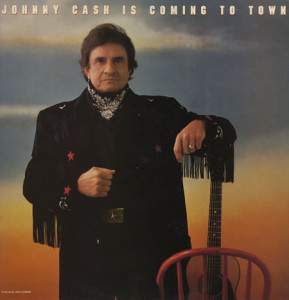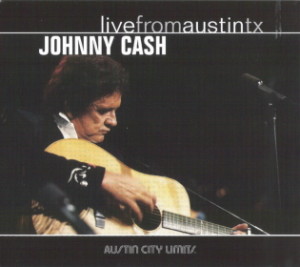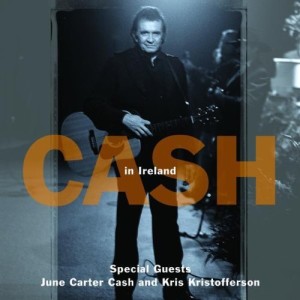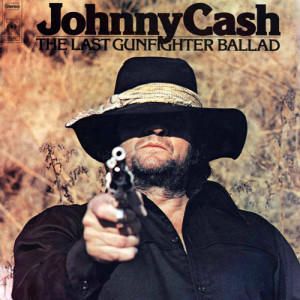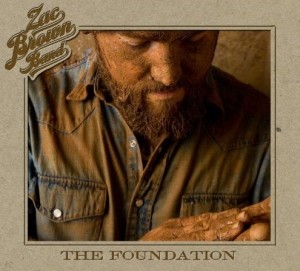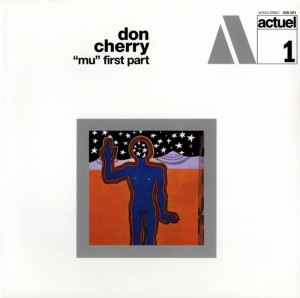Johnny Cash – Johnny Cash Is Coming to Town Mercury 832 031 (1987)
As Columbia Records lost interest in Cash’s career and fading sales, he jumped over to Mercury Records. His first album for Mercury, Johnny Cash Is Coming to Town, teams him again with producer “Cowboy” Jack Clement. The approach is basically the same as the pair’s most recent work together on The Adventures of Johnny Cash (1982). The material is patchy, with a few good choices but many more that are far less interesting. The biggest problem, though, is that Clement makes this sound cartoonish, like a caricature of country music. It adopts the worst elements of the contemporary Nashville sound. The results are just more of the same with diminishing results. There is a scene in the movie The Hunger Games: Mockingjay – Part 1 (2014), in which Woody Harrleson‘s character Haymitch tries to explain what is wrong with a propaganda film (“propo”) starring Katniss Everdeen (Jennifer Lawrence) made by Philip Seymour Hoffman‘s character Plutarch, and Elizabeth Banks‘ character Effie gives some examples of Katniss at her best after which everyone quickly agrees that Katniss is most charismatic when she speaks freely on her own without anyone telling her what to do. Well, people most often like Johnny Cash because of these same qualities. He was at his best when he did his own thing, the “rules” be damned. He did not work to reshape country music from the inside out, like Loretta Lynn. He had to work from the outside, as an outsider. Johnny Cash Is Coming to Town has Cash trying to play by all the rules and follow a script closely. For those reasons it seems to lack most of his strengths. This one is a tad boring and too lacking in any nuance to make it anything of note.

